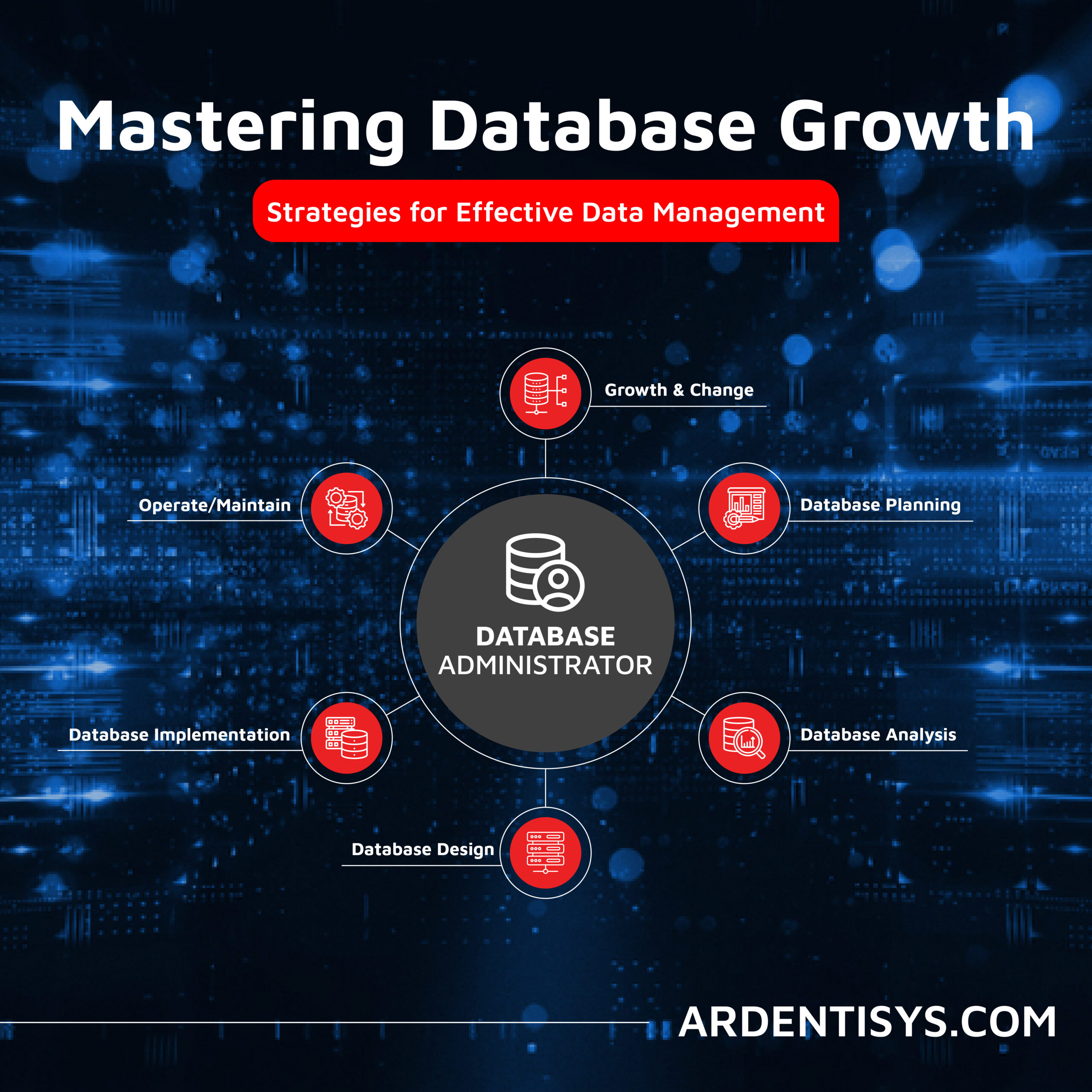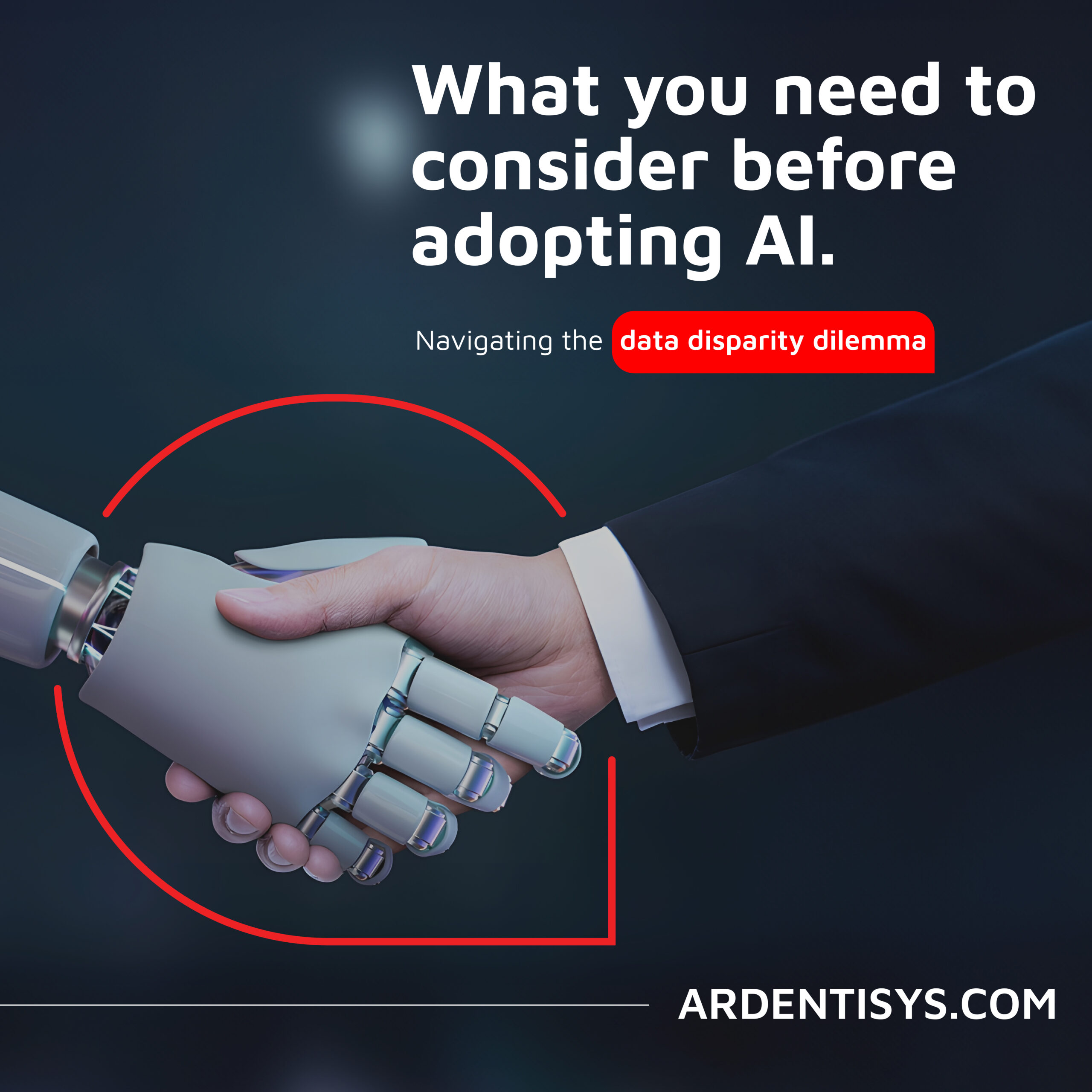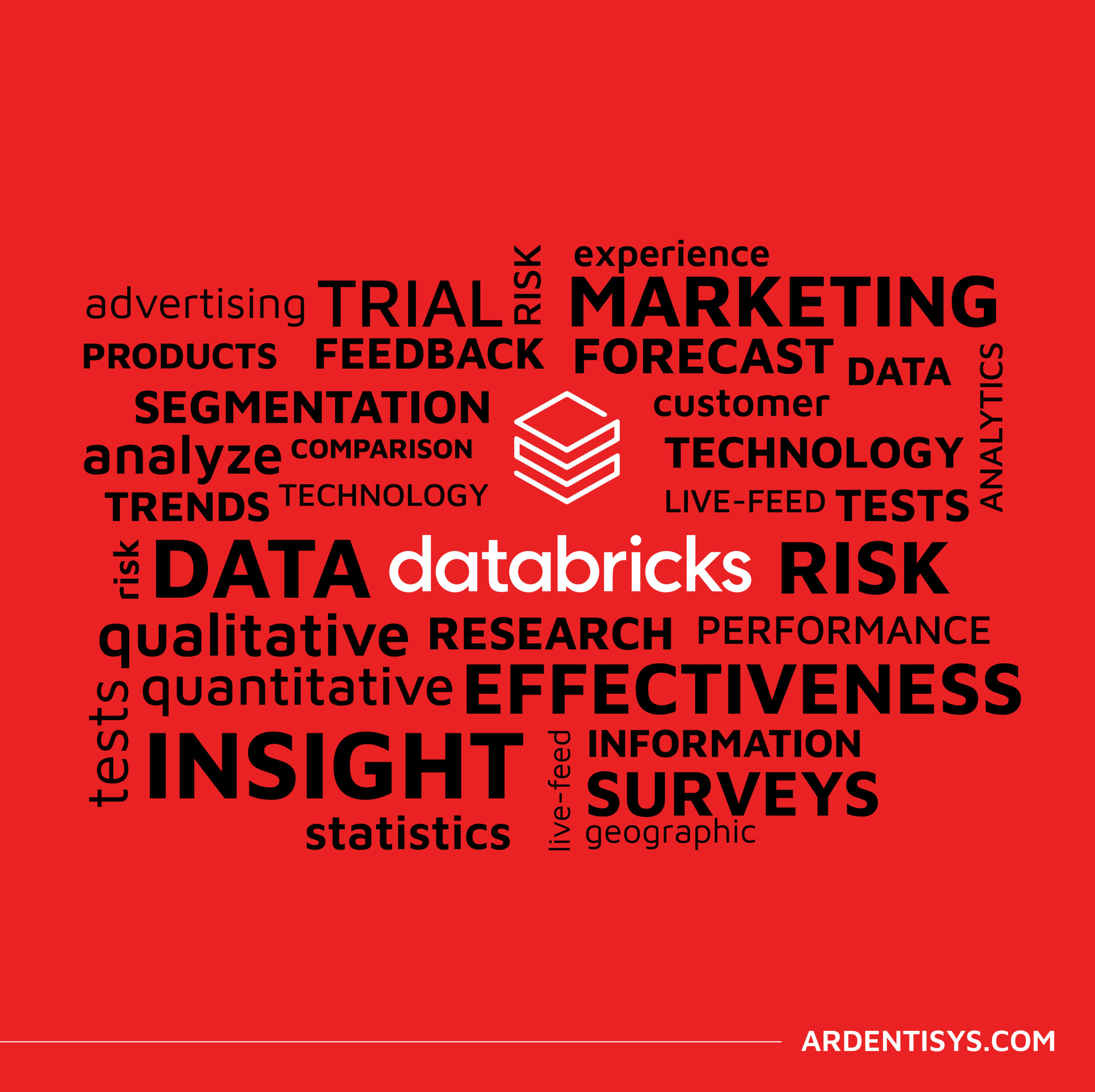Data warehousing: Traditional Vs Cloud
27 October 2022 | Noor Khan

The adoption of the cloud can be seen across a variety of industries and departments within organisations, across the world. This is no different when it comes to data warehousing. As highlighted by G2, 47% of IT managers reported that all their data warehouses were in the cloud. Although they are increasingly popular, there is still a significant portion of organisations that are using traditional on-site data warehouses for their data storage.

Choosing the right approach between traditional and cloud data warehousing can be challenging. You may have data which is more suitable to traditional, but the benefits the cloud offers are unmatched. In this article we will look at traditional data warehousing compared to cloud data warehousing, evaluating the two to help you make the right choice for you and your data.
Traditional data warehousing
Traditional on-premise data warehouses are still adopted by many organisations. There are a number of pros and cons to consider when opting for a traditional data warehouse and they include the following.
Pros of traditional data warehouse
- Control – You have complete control of the entire data warehouse and the infrastructure.
- Technology – You are not limited to one technology to manage your data warehouse. You can pick and choose the technologies that suit your data and business goals.
- Governance – This is one of the general concerns when it comes to data, therefore a benefit of a traditional on-premise data warehouse is that it makes governance easier because you know exactly where your data is.
Cons of traditional warehouse
- Lack of scalability – A traditional on-premise data warehouse can not scale up and down with your data demands. You must purchase ‘up’ to support any increase in data.
- Cost – Can be costly compared to a cloud warehouse. Due to a lack of scalability, you have to purchase additional compute or memory to handle an increase in activity.
- Responsibility – As you have full control you also have full responsibility in terms of building, maintenance and ensuring data security.
Traditional data warehouse technologies
There are a few popular on-premise data warehouses available and they include:
- SAP HANA
- Pivotal Greenplum
- IBM Integrated Analytics System
Cloud data warehousing
Cloud data warehousing is becoming increasingly popular among organisations due to its benefits. Here we will look at the key pros and cons of cloud data warehousing.
Pros of cloud data warehouse
- Scalability – One of the biggest benefits of cloud data warehousing is the ability to scale and scale, easily without paying for additional memory which you may not need after a high time.
- Cost-effective – As you only pay for what you use, a cloud data warehouse is a cheaper alternative to the on-premises data warehouse. Additionally, you do not have to invest in hardware for your data warehouse as it’s in the cloud and you pay for storage and CPU time.
- Security – security with the cloud is another benefit to take into consideration. Cloud platforms like AWS and Microsoft invest heavily in their data security to ensure protect data.
Cons of cloud data warehouse
- Locked in with provider – If you decide to build a data warehouse with a specific cloud provider, it can be difficult to switch if the platform is no longer suitable for your data. Additionally, data migration can be costly and prone to data security issues.
- Latency - Real-time latency is still challenging to attain with cloud platforms, therefore this will need to be taken into consideration.
Cloud data warehouse technologies
There is a wide variety of data warehouse technologies on offer from the world's leading brands including:
- Amazon Redshift
- Microsoft Azure SQL
- Snowflake
- Google BigQuery
Read about the leading data warehousing technologies and how to choose the right one for you.
Traditional Vs Cloud data warehouses – table of comparison
Ardent data warehousing service
Ardent has worked with a number of clients to architect data warehouses to make data secure, scalable and accessible by employing world-leading technologies such as AWS Redshift, Azure SQL and Snowflake. If you are looking for a data migration solution from your traditional warehouse to a cloud warehouse or want to build a cloud data warehouse, we can help. Ardent engineers are well-versed in delivering data warehouse services to me client goals and requirements. Get in touch to find out how your can unlock your data potential.
Explore our data warehousing service or our data engineering services.
Ardent Insights

Overcoming Data Administration Challenges, and Strategies for Effective Data Management
Businesses face significant challenges to continuously manage and optimise their databases, extract valuable information from them, and then to share and report the insights gained from ongoing analysis of the data. As data continues to grow exponentially, they must address key issues to unlock the full potential of their data asset across the whole business. [...]

Are you considering AI adoption? We summarise our learnings, do’s and don’ts from our engagements with leading clients.
How Ardent can help you prepare your data for AI success Data is at the core of any business striving to adopt AI. It has become the lifeblood of enterprises, powering insights and innovations that drive better decision making and competitive advantages. As the amount of data generated proliferates across many sectors, the allure of [...]

Why the Market Research sector is taking note of Databricks Data Lakehouse.
Overcoming Market Research Challenges For Market Research agencies, Organisations and Brands exploring insights across markets and customers, the traditional research model of bidding for a blend of large-scale qualitative and quantitative data collection processes is losing appeal to a more value-driven, granular, real-time targeted approach to understanding consumer behaviour, more regular insights engagement and more [...]






